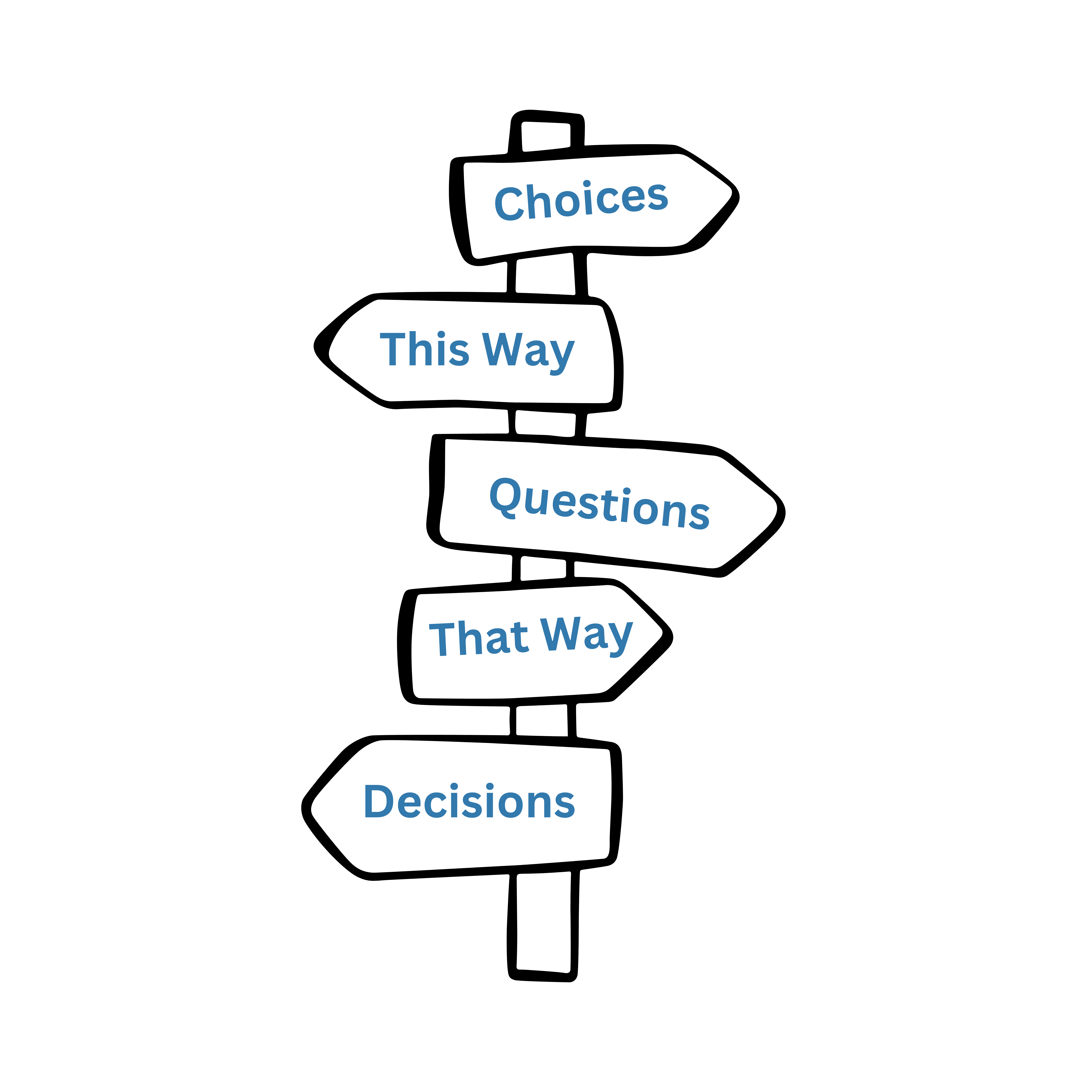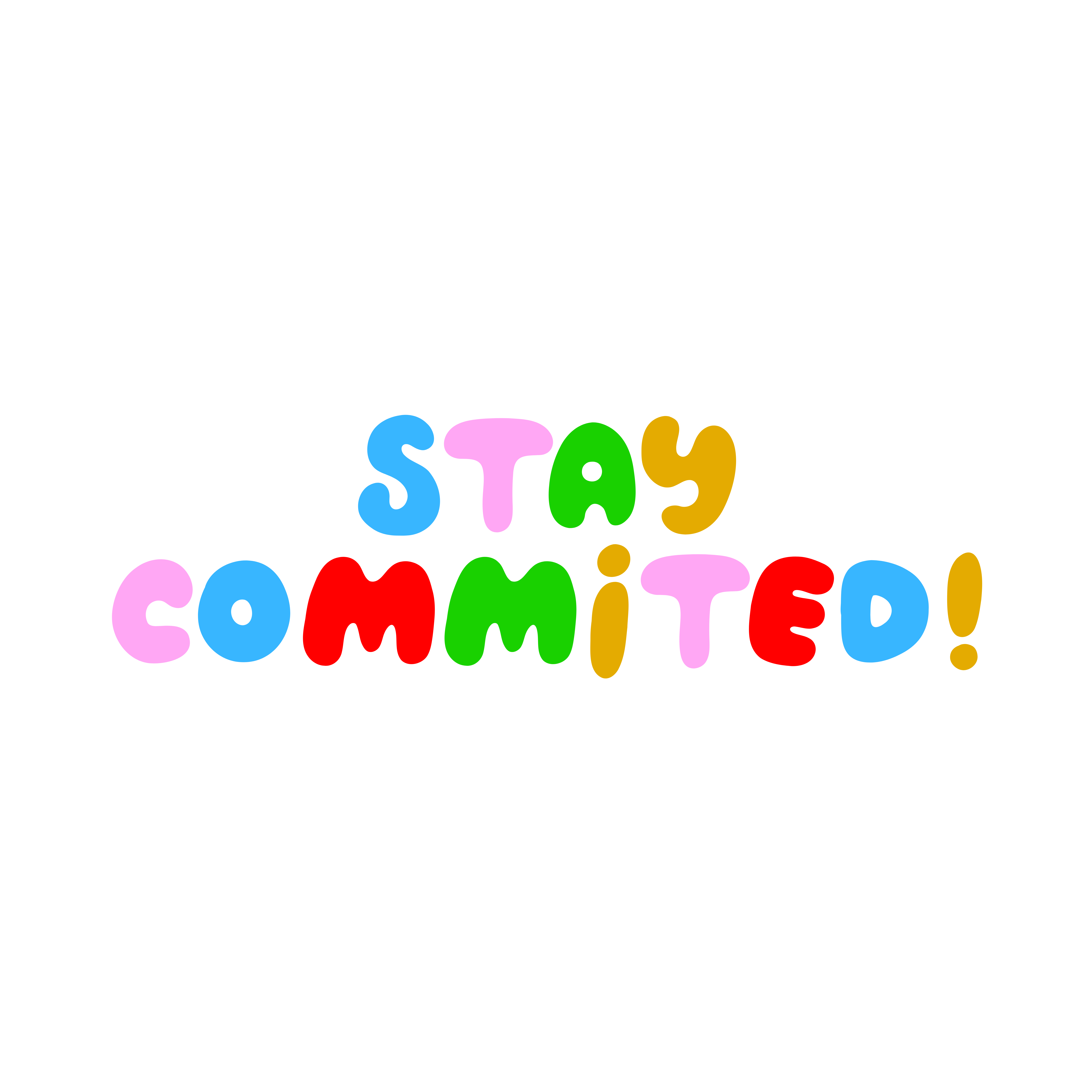Join me...
Why, How and What
Happens When You Set Goals
Hi,
I’m Alix and it’s my mission to help as many of the next generation as possible work in jobs that meet their passion and purpose, making them happy and fulfilled adults. Providing support and hand holding where they may not have any.
So, grab a snack and join me in making sure you’re one of them…

There’s no doubting it, goals give you the roadmap for your life. If you look at it like driving, you know that anyone taking their hands off any vehicle’s driving wheel will not reach where they were heading. More likely, they’ll end up going round in circles, taking forever to get to their destination, in a ditch, or much worse, a crash.
Take your hands off the driving wheel of your life and the same thing will happen. Goals, with a heavy use of mini goals, stop you drifting and focus your mind.
Goal setting…
The power behind setting personal goals is simply that it’s the best way for keeping on track towards where you want to be.

Who constantly set personal goals? The successful ones do. So, why don’t you?
Actually, you probably do.
New Year resolutions…
Traditionally, people set New Year resolutions because the New Year is a time when we re-evaluate ourselves and our lives.
It’s a time when we think about what we want for the following year. What we can do to improve ‘things’ and what we can do to make ‘everything’ better.
Every time you make a New Year’s resolution, you’re setting a goal. Making a vow to make life better, for yourself or those around you.

But very few of us keep our vows after one month, even less after three months and, probably unsurprisingly, hardly anyone after two years.
Why people ‘fail’…
People ‘fail’ to follow through for all sorts of reasons:

Lack of dedication - giving up at the first hurdle

Making the goals too hard – and not factoring in mini goals

Making the goals too easy - so they hardly seem worth doing

Apathy - not really being bothered if they succeed or not

They try to follow a friend’s path rather than their own – it’s not their goal

Blaming outside interruptions i.e. life
or, for the saddest reason…

The fear of failure itself.

Negativity in the world and our personal lives, along with stress and time constraints, all contribute to make it easier to ditch resolutions rather than push ourselves.
People can also go through the whole process of mapping out their destination, anticipating all possible scenarios to make sure every single one is covered - then never actually getting started.
Or they decide they’ll start when…

it’s warmer

the evenings are lighter

they have more time
but ‘when’ never comes.

Also, people don’t set goals because no one has ever explained to them why, how, and what happens when you do.
Do they work?
If you want proof that they do, just consider anyone powerful and/or successful. Do you think they just turned up for work every day and fell into the position they’re in?
No, they worked towards getting there.
Headmasters, for instance, may have worked up from being a student teacher, to teacher, to a department head, a deputy head, then headteacher.

Taking courses along the way - mini goals - to prepare for the next stage, learning all they could so that, when the opportunity came, they could slip straight into the promotion.
Why should you set goals?
Because:

they work

they can improve your performance and attitude when you know you’re aiming for something better

they give you focus
With goals to guide you, you’re more likely to succeed, using them to change bad habits and create better ones. Just achieving a mini goal will inspire you towards more and more significant successes.

Who can set goals?
Everyone.
It doesn’t matter what:

nationality;

age;

sex;

hair-colour;
or anything else you are or have.
It makes no difference what your background is. Where you’ve been or are right now.

It’s about where do you want to be.
Everyone needs goals because they make it easier to succeed. Succeed in getting the future you deserve, the bottom line, and that’s what matters.
So, goal setting is important, but, of course, to do so, you have to know how. Because, if you set unbelievable, unrealistic and, ultimately, unachievable goals, you’re going to be setting out on a path to disappoint yourself. Which we do not want.
And yet, if you set goals that are too easy, you won’t be motivated to achieve the big ones, so it’s important to get the balance right.
Where to start?
Let’s go back to the car journey example.
Every time you get into a car you know where you’re going and, if it’s not a route you normally take, you’ll either look it up and print off a map, or use a SatNav, or, in my case, my daughter who uses her phone to guide me.

You wouldn’t just set off and expect or ‘hope’ you’ll end up where you want to be. Similarly, you wouldn’t set off and aim towards where your friend is going. You’d aim for where you need to go.
Setting the right type of goal…
Setting the right type of goal (your destination) motivates you to go in the right direction and avoid the pitfalls of distractions.

You become focused, less likely to take a wrong path and less likely to allow yourself to be taken along for the ride on someone else’s journey.
Past achievements…
Think about your past. Did you set out to achieve something but didn’t? If you didn’t, be accountable – don’t blame someone else, take responsibility and, more importantly, move on.
But when you did achieve it, how did it make you feel? Good? Brilliant? Brave? Successful?
Are you ready to set your goals and feel that feeling of success again? Ready to make your ultimate destination crystal clear, ready to work out the mini goals to get you there?
Grab a drink, cake/snack, pencil and an A4 piece of paper, listen to some uplifting, jumpy music, get positive and let’s brainstorm the right goals that will motivate you.

Getting started - believable, realistic, achievable…
To set specific and challenging (but achievable) goals, first identify where you are and where
you want to be. And, as this website is about choosing your career, we’ll focus on this for our example.
If you’ve read my book ‘I Am Choosing My Options’, you’ll have already identified your passion and purpose. If not and you’re still at school, see if your school has a copy in the library, or contact me.

From this you can pinpoint the direction you want to head in and know what type of career will make it easy for you to get up and (almost) skip into work. Decide what you want from life.
So, let’s begin by writing at the bottom of your piece of paper your ideal job, ie if you want to be an accountant, write Accountant at the bottom of your page.
This is your clear, specific, realistic, long-term, major goal.
Mini goals…
Major goals are the culmination of many mini goals all working towards one, ultimate, clear, huge, ginormous goal, in this case your ideal job.
But, breaking this big goal down into small but measurable steps, makes it easier to see your progress.

Also, and this is important, the completion of every mini goal should be celebrated – doesn’t have to be huge, a trip to the cinema or a coffee and cake in your favourite (if a little more expensive) café.
Using our ideal job example, accountant, let’s work out the mini goals for how you get there.
Accountancy consists of several different job choices under that one heading, i.e. there’s general practice, or you can become specialised - focusing on company accountancy, personal taxation or performing audits.
Note: I know from experience that finding an auditor proved challenging for three accountancy firms I’ve worked for!
So, your first mini goal is to research the differences, identifying what each choice offers you and which skills relate to which path you want to follow, see where your interests lie and then what pulls at you.
So, at the top of your A4 page write the word ‘research’ and list the different areas of accountancy. Researching these is your first mini goal.

Think about your current skill set, character and potential, and, if by the time you’ve finished the research you realise you don’t like working with figures, then accountancy isn’t for you.
However, assuming you’re going to follow up on the accountancy career, once you’ve decided which of the paths to follow, put a large tick through that mini goal and celebrate it.
So, next, write down the type of accountancy you wish to end up in beside the word ‘Accountant’ at the bottom of your page, then write down the path to get to the area you want to qualify in.
List all of the courses you’ll need to take, in their order, moving down the page towards your end goal.
Every step (qualification) you take is a mini goal and deciding whether to:

go to college, followed by university;

going to college, then taking a job in an accountant’s office to get practical experience while earning (apprenticeship);

studying online;

or at an evening college to get more qualifications;
should all be written down in the order you need to do them.

These mini goals should take you all the way down to where your final goal is listed, giving you a clear path to follow.
Note: accountancy firms want you to progress and can help financially and with time off to study and gain more qualifications if you need to earn while you train.
Still in education…
Once your list of mini goals is complete, review you’re the first ones and see what you can take advantage of while you’re still in education to get you there.
If choosing your options, which of them encompasses most of the qualifications you’ll need.
In our example maths is a core subject, so you will be studying it already, however, perhaps you want to be an accountant in France, or Greece. Can you study language classes for the country you’re considering?

If you want to move to Australia, are they looking for accountants with specific skill sets?
Remember your brain is like a sponge and learning is a skill in itself. It’s easier to continue learning while in formal education, rather than trying to take courses after you’ve left education for a few years and having to get back into a learning mindset.
Set time limits…
Next, set time limits for meeting your mini goals which will focus your thoughts (and subconscious).

If you’re taking a course for one of them, this may well not be within your control, however, there will be areas that you can control and you should.
How to stay focused…
Making a mini goal fun will definitely help keep it doable.
Setting goals to get qualifications is a serious business and I suggest your mini goals are interspersed with personal goals to release pressure and have fun along the way.
Or you could use fun rewards, for instance, when you reach your third goal, cut your hair into a funky style.
After the fourth goal, dye it a bright colour. Or buy yourself a bright/multi-patterned work bag for your first day after qualifying.
Or you could lay out another set of goals to run alongside your qualifications set, to save money and, when you reach a certain amount, buy yourself a shirt/blouse or shoes to build up a working wardrobe ready for the big day you walk into college, an apprenticeship, or your first job.

Also, write your goals down every day before you start work. This reminds you what you’re working towards and can keep them fresh in your mind. Knowing what the end result will be and the step nearer you’ll be by the end of the day will be a huge motivator.
Paint a picture…
Visualizing your goals trains your subconscious to work for you and increases your chances of success by building your confidence.
Paint a picture in your mind of you enjoying life when you’re working in your dream job, it could be your future office, your qualifications hung in frames behind your desk. It could be sitting with your friends having a drink, comparing notes on what you’ve been doing.

Make it as big, detailed, and colourful as you can and store it away.
Every spare moment you have, recall the picture. Train your subconscious to help you work towards it.
Commit…
Then commit - possibly the most important step - taking action is key.

Support…
Unless you have a lot of will-power, make yourself accountable by finding someone to support you. It could be a friend, sibling, parent, carer, or mentor.
Arrange to report back to them to review your progress.

Making yourself accountable to someone else is a huge form of encouragement - just make sure it’s someone positive who will lift you up, not discourage you.
Review…
Review your progress regularly with your support person and knock-off the mini goals as you go, proudly ticking them off and celebrating, then moving on to the next one, taking each stride in turn, rather than trying to take too big a step all at once.

Review for any changes in direction you’ve identified before focusing on the next stage and, if you do change direction, write up a new set of goals to keep you on the track towards your dream life.
Reason for celebration….
And don’t forget to celebrate every single achievement.

In summary…
So, the following steps will help you achieve your goals:

identifying where you are

identifying where you want to go

making your goal yours – not somebody else’s

making your goal specific – knowing the end result you want to achieve

make them believable, realistic, achievable

writing your goals down

making an action plan – mini goals, small steps forward

set time limits

visualising them

committing to making them happen – do it

sharing with a parent/friend - making yourself accountable

reviewing your progress regularly

considering changes in direction – if you do change your mind, re-evaluate and pin-point different mini goals

and celebrating each and every success
Goal success…
Follow the above and you’ll be triumphantly celebrating your achievements.
You will succeed faster and more efficiently than if you just expect things to happen – so go for it.

I’d love to hear how you’re getting on and, where possible, if we can help more.
Lastly, I wanted to both wish you luck and say that I know you can do it.
Success is within your grasp - good luck!
